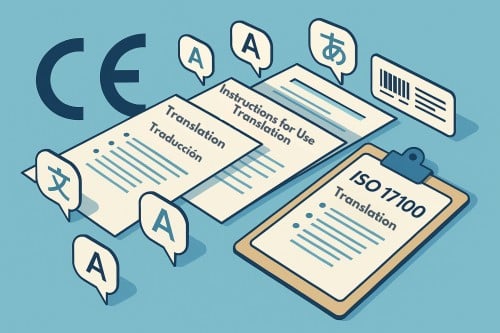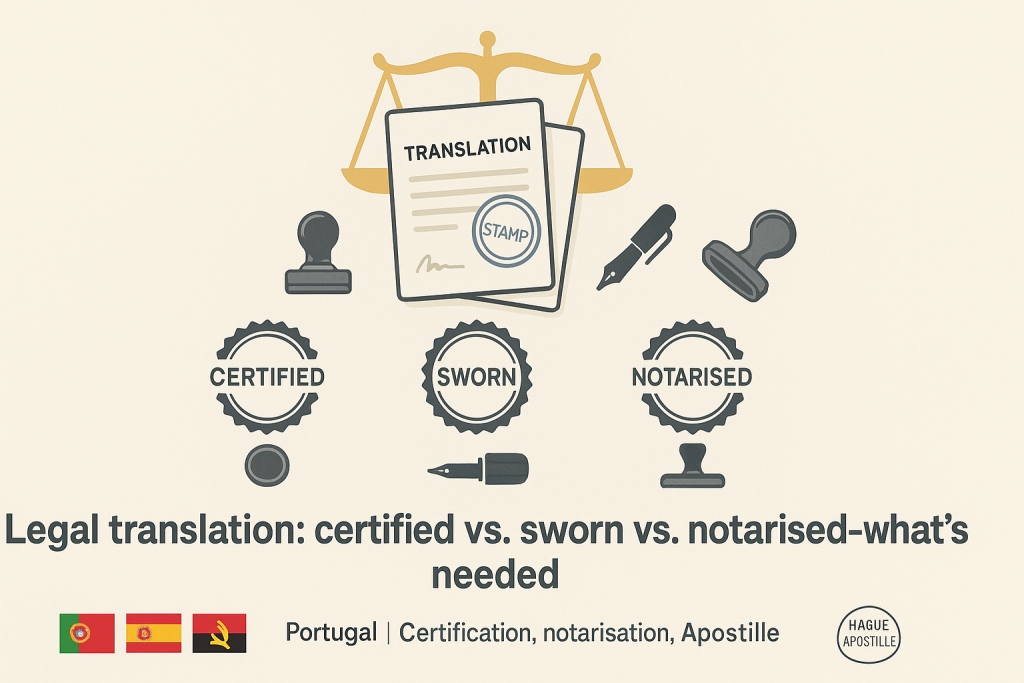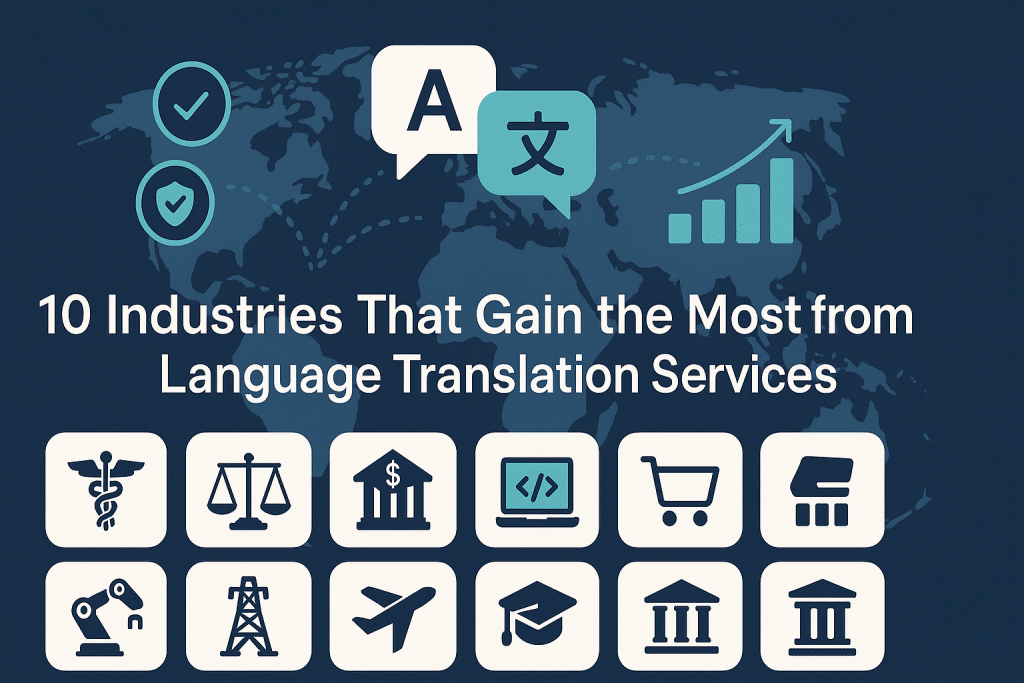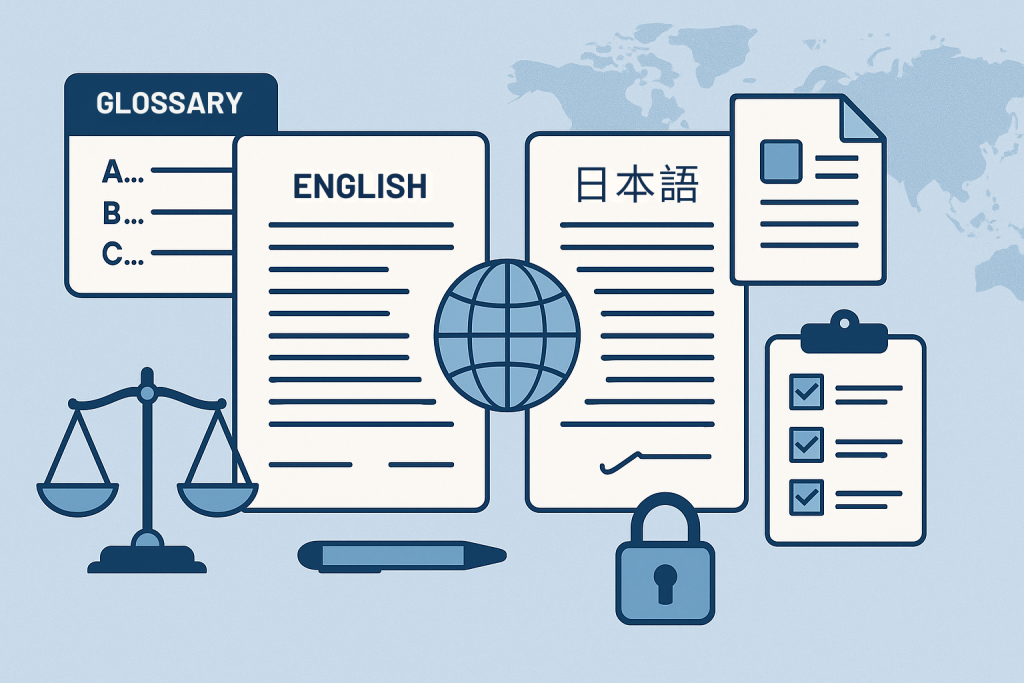CE Marking Documentation: How to Translate Declarations, IFUs & Labels

CE Marking Documentation: How to Translate Declarations, IFUs & Labels Translation for CE marking documentation demands accuracy, traceability and layout parity. We explain workflow, QA and DTP so Compliance, Engineering and Ops can ship.
Translating Engineering Manuals for CE Compliance: The ISO 17100 Approach

Translating Engineering Manuals for CE Compliance: The ISO 17100 Approach Technical translation services for engineering must de-risk manuals, specs and safety content. We align terminology, workflows and deliverables to pass audits and speed approvals.
Court-Ready Translations: What General Counsel Should Demand from Vendors

Certified legal translation for court documents is about one thing: acceptance on filing. The right vendor aligns deliverables with forum rules, not internal preferences.
Legal translation services for contracts under ISO 17100

Legal translation services for contracts: ISO 17100 risk control, confidentiality & turnaround Legal translation services for contracts that balance risk, confidentiality and speed. Our ISO 17100 process (TEP), NDAs and clear SLAs keep your deals moving.
ISO 17100 certified translation services: 9-point buyer checklist

How to Choose an ISO 17100 Translation Partner: A 9-Point Buyer Checklist ISO 17100 certified translation services help legal, technical and product teams buy audited quality with confidence. This guide shows how to verify the process, deliverables and SLAs so you can select a partner who stands up to audits and real-world deadlines.
KPIs for language translation services: a marketing leader’s guide

The KPI Playbook for Marketing Leaders Buying Language Translation Services Language translation services only create value when they move marketing KPIs. This guide shows CMOs how to benchmark, buy, and scale language translation services with measurable ROI.
Legal translation in Portugal: certified, sworn or notarised?

Legal translation: certified vs. sworn vs. notarised—what’s needed Legal translation in Portugal can require certification, notarisation, or an Apostille. This guide explains what each option means and when you actually need it.
Language translation services: KPIs every marketing leader should track

Language translation services: KPIs every marketing leader should track Marketing leaders use language translation services to remove friction, protect brand voice, and unlock growth. Here’s a practical KPI set that ties translation to revenue, efficiency, and risk.
Top 10 industries that gain from language translation services

10 Industries That Gain the Most from Language Translation Services Language translation services help companies scale trust, revenue and compliance across markets. Below we map the 10 sectors with the fastest, clearest ROI and how to act.
Legal translation: how to brief your translator

Legal translation: how to brief your translator with glossaries and references Legal translation demands precision. A clear brief with the right glossaries and references prevents costly rework and delays.

